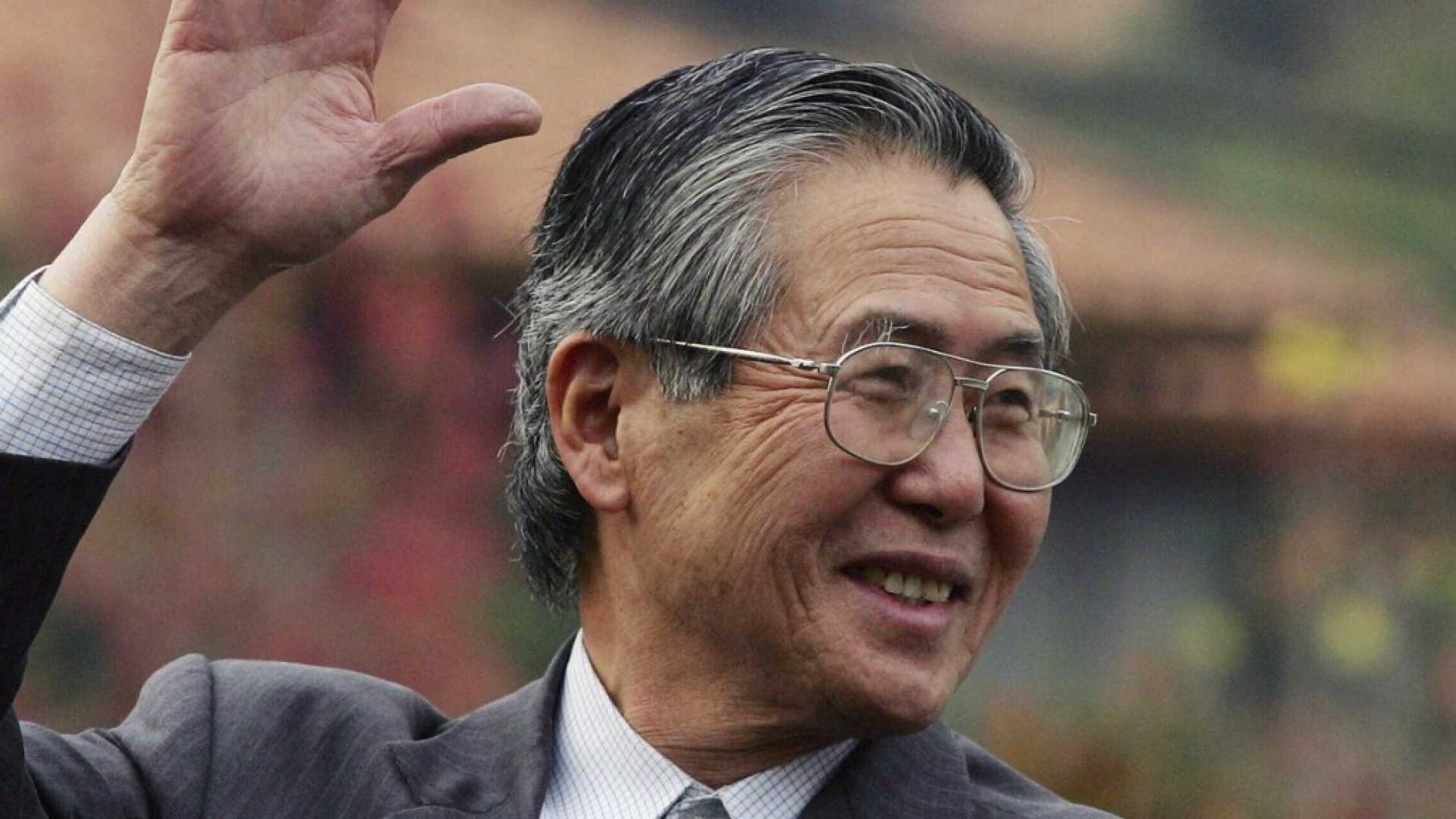World
Former Peruvian President Alberto Fujimori Dies at 86

Former Peruvian President Alberto Fujimori, a polarizing figure in the country’s politics, has died at the age of 86 in the capital, Lima, as confirmed by his family.
“After a long battle with cancer, our father, Alberto Fujimori, has just departed to meet the Lord,” his children, Keiko, Hiro, Sachie, and Kenji Fujimori, announced on the social media platform X. They further requested those who loved him to join them in praying for the eternal rest of his soul, expressing gratitude to him.
Fujimori, who served as Peru‘s leader from 1990 to 2000, was released from prison on humanitarian grounds in December after serving two-thirds of a 25-year sentence for crimes against humanity during his rule.
Sources close to his family reported to AFP earlier on Wednesday that his health had deteriorated rapidly following treatment for tongue cancer in August. He was last publicly seen on Thursday, leaving a clinic in the Miraflores district of Lima after undergoing a CT scan.
The news of his death quickly spread on social media, igniting debates among his supporters and detractors regarding his legacy. Just a month prior, his daughter Keiko had announced Fujimori’s intention to run for president once again in 2026.
Peru’s Prime Minister Gustavo Adrianzen expressed condolences to the Fujimori family. He communicated the government’s sorrow and mentioned discussions with the family about their preferences for the funeral arrangements. It remains unclear whether Fujimori will receive a state funeral.
Fujimori, of Japanese descent, was imprisoned in 2009 for massacres carried out by army death squads in 1991 and 1992, resulting in the deaths of 25 people, including a child. These operations were presented as anti-terrorist actions by his administration.
In December 2017, former President Pedro Pablo Kuczynski pardoned Fujimori due to his health issues, but the Supreme Court later annulled the pardon. Fujimori was returned to prison from the hospital in January 2019 but was released again in December 2023 after his pardon was reinstated by a court.
Fujimori remains a divisive figure in Peru; his supporters credit him with saving the nation from the Shining Path and Tupac Amaru guerrillas and stabilizing the economy. In contrast, his opponents view him as an autocratic power-seeker.
A notable event during his presidency was a four-month hostage crisis at the Japanese embassy in Lima from late 1996 to early 1997, resolved when Fujimori sent commandos to rescue all 72 hostages, resulting in the deaths of 14 rebels.
However, his later years in power were marred by a bribery scandal involving his intelligence chief, Vladimiro Montesinos, prompting Fujimori to go into self-imposed exile in Japan. He later resigned via fax but was subsequently arrested in Chile and returned to Peru for trial.
Fujimori’s daughter, Keiko, has unsuccessfully sought the presidency three times.












